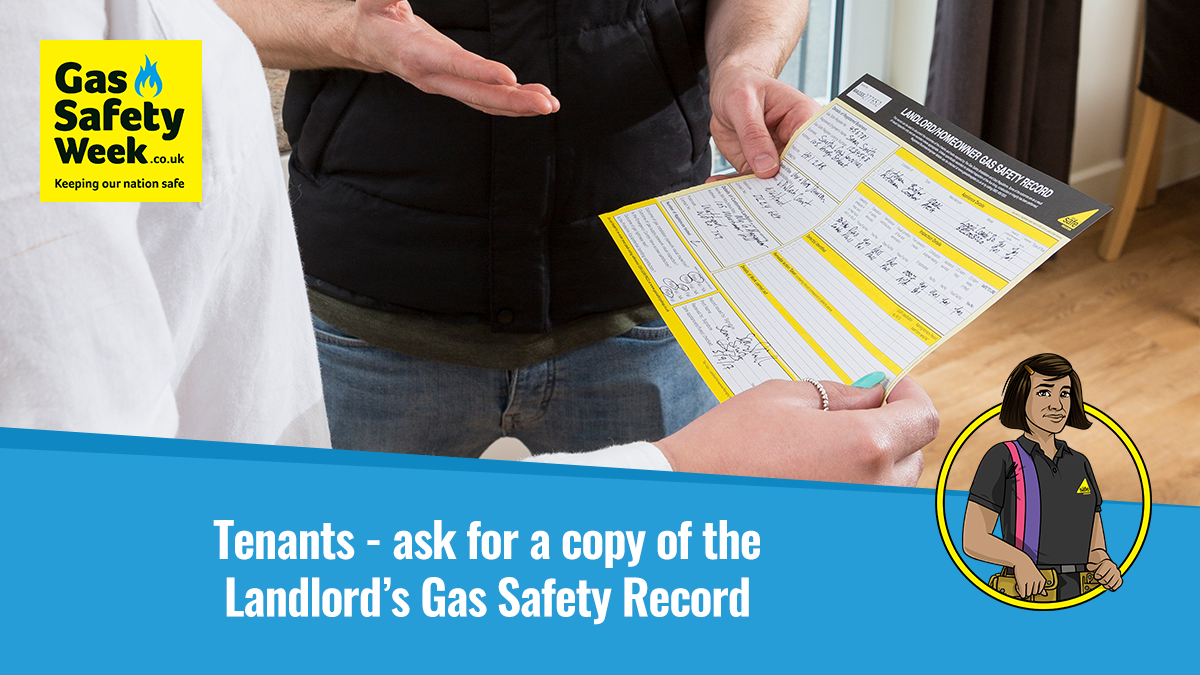Securing A Mortgage When You’re Self-Employed
Are you self-employed and concerned about the struggles you may face when it comes to securing a mortgage? There are steps that you can take to boost your mortgage chances, but it is important to understand how the application process has changed and the paperwork required today.
In the past the self-employed could ‘self-certify’ their income when applying for a mortgage. They could simply tell the lender how much they earned without having to prove it, but these self-certification mortgages are no longer available due to stricter lending regulations. Today anyone who is self-employed must be able to show lenders records of income and outgoings.
We appreciate that this may be tricky, especially if you recently started working for yourself and don’t have several full years of accounts available, or perhaps your income differs greatly from month to month.
According to recent mortgage application data from Kensington Mortgages, 68% of Britain’s self-employed workers are finding it hard to get a mortgage, with one in five (22%) of self-employed renters claiming that they’ll never be able to get onto the property ladder due to their fluctuating income and steep house prices.
However, the findings also reveal that self-employed people typically want to borrow much less than most lenders would allow, making them a safer bet than many first-time buyers.
If you do want to increase your chances of securing a mortgage you must have all your paperwork in order. Lenders will usually request proof of earnings for the last two to three years. However, some may be prepared to accept one year’s records if you have only recently become self-employed.
Lenders generally accept self-assessment tax calculations (SA302 forms) and a tax overview, rather than a full set of accounts. They may alternatively ask the accountant responsible for preparing the applicant’s accounts to certify their income.
Any paperwork supplied must be recent. Usually the most recent year-end documentation mustn’t be older than 18 months prior to the date of the mortgage application, or it may be rejected.
This means that figures for the 2017/18 tax year are now no longer acceptable as the latest year’s figures, so self-employed mortgage applicants will need to submit figures for the 2018/19 tax year.
On top of proof of income, everyone who applies for a mortgage, regardless of whether they are self-employed or an employee, must show proof of their identity and proof of address. Applicants must also submit current account bank statements showing their outgoings. Lenders usually ask to see the last three to six months’ statements.




